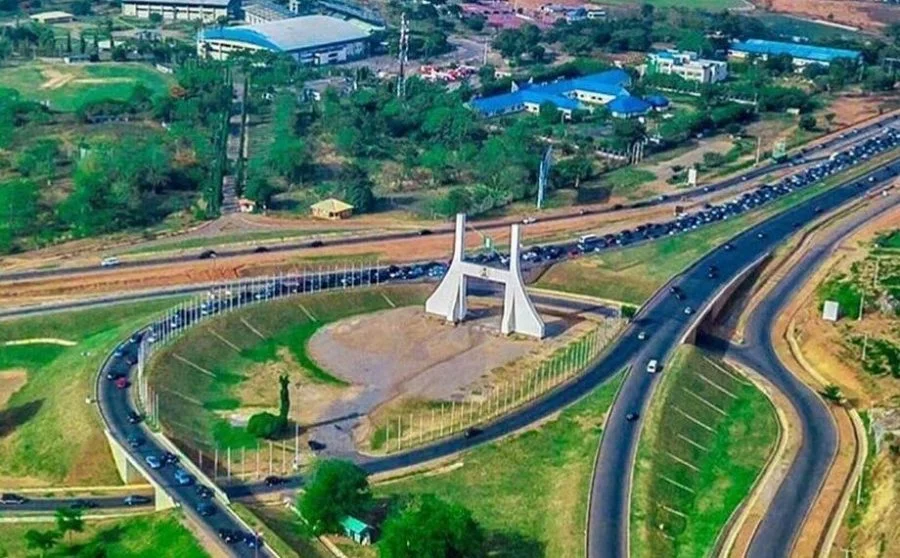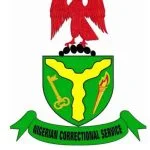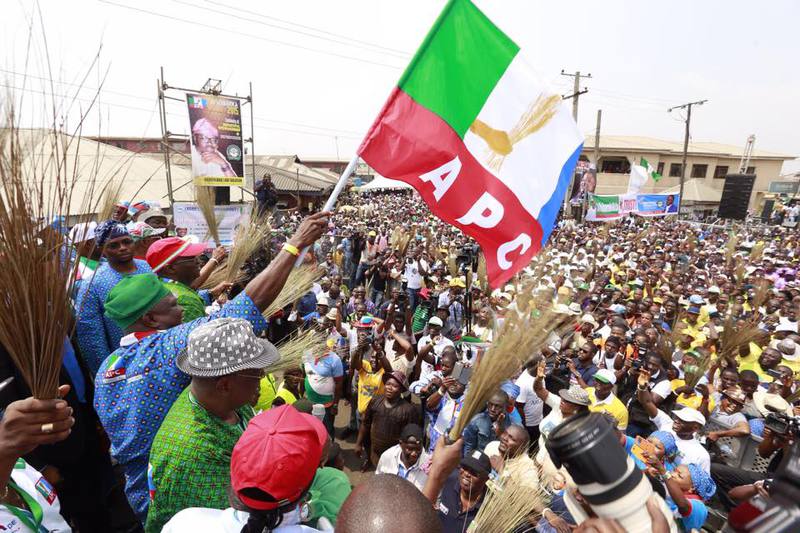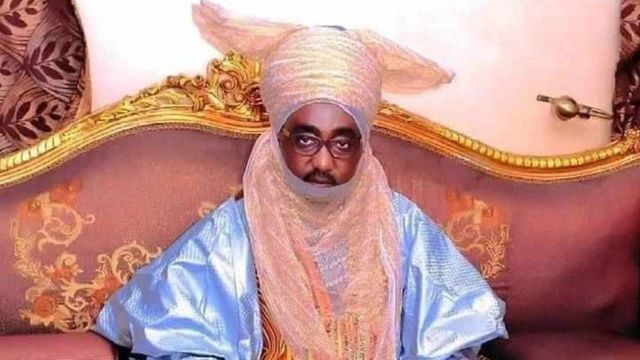Some Abuja residents have urged parents to communicate more with their children and wards in their local languages as a way of preserving their mother tongues.
The residents in separate interviews with the News Agency of Nigeria (NAN) on Tuesday, said constant communication in local languages would get more people speaking the language and save it from extinction.
According to the National Council for Arts and Culture, nine local languages in Nigeria that are extinct include Ajawa spoken in present day Bauchi, Basa-Gumna of Niger, Auyokawa used to be spoken in Jigawa.
Others are Gamo-Ningi, a Kainji dialect in Bauchi, Homa of Adamawa, Kubi of Bauchi, Kpati formerly spoken in Taraba, Odut used to be spoken in the Odukpani area of Cross River and Teshenawa formerly spoken in Jigawa.
Mrs Adebayo Yewande, a native of Kogi, said her two children understood Yoruba very well although it’s not her local dialect.
“My language is “Okun” but my children understand Yoruba, since they were born and raised in a Yoruba speaking area.
“They do not understand the Okun language and I’m not bothered about it, as it is not part of the local languages that are being taught in primary or secondary schools,” she said.
She said that she tries her best to communicate with them in her own language and that of their father’s but all efforts have proved abortive.
“I think they are okay with understanding the general Yoruba and as such, I see no need pushing them to understand any other language aside English,” she said.
She, however, advised parents to communicate and encourage them to speak their mother tongue.
“The mother tongue is our identity, our culture and way of life, hence the need to inculcate it in our children,” she said.
Another resident, Miss Peace Etim, a native of Akwa Ibom, said she was proud of her language adding that, she could speak it anywhere, anytime
”Oron is my dialect and I speak it proudly and fluently. I am happy about it.
“My parents are from the same village, they started communicating with
me in our dialect, since I was a child.”
Our means of communication at home is our mother tongue, making it inevitable not to understand the language,” she said.
Etim advised parents to start communicating with their children in their dialect as soon as they start talking, saying that this would help to preserve the language.
Miss Martha Irere, who hails from Edo, said she speaks her language but not very well.
“I believe there are people that are gifted to hear and understand languages. My parents communicate with me in our language but I can’t speak it fluently.
“For me, I understand what they are saying but I have difficulty in speaking
the language very well,” she said.
Mr Ayodele Michael, a native of Ekiti, said he understood and spoke over four languages, aside his mother tongue.
“Aside my dialect, I speak Yoruba, Okun, Hausa and Benin languages fluently.”
“Our local languages should not die instead they should continue to grow,” he said.
Michael said that his parents believed that the mother tongue was as important as English so they made him to speak both.
He said parents have a major to play to ensure that their various cultures and languages did not die by transferring them to the next generation.
NAN reports that Nigeria is multilingual, though the exact number of local or indigenous languages spread over its about 250 ethnic groups is not known, but variously estimated at between 350 and 550.
Nigeria has major and minor languages, intertwined by dialects. According to Ethnologue, an annual publication on the world’s languages, Some 517 different languages are spoken in Nigeria.
The country’s multilingual diversity reflects in the heterogeneity of the languages spoken in most of the states, as only few states such as Kano, Anambra, Imo, Oyo, Osun and Ekiti are predominantly monolingual. (NAN)







2 Comments